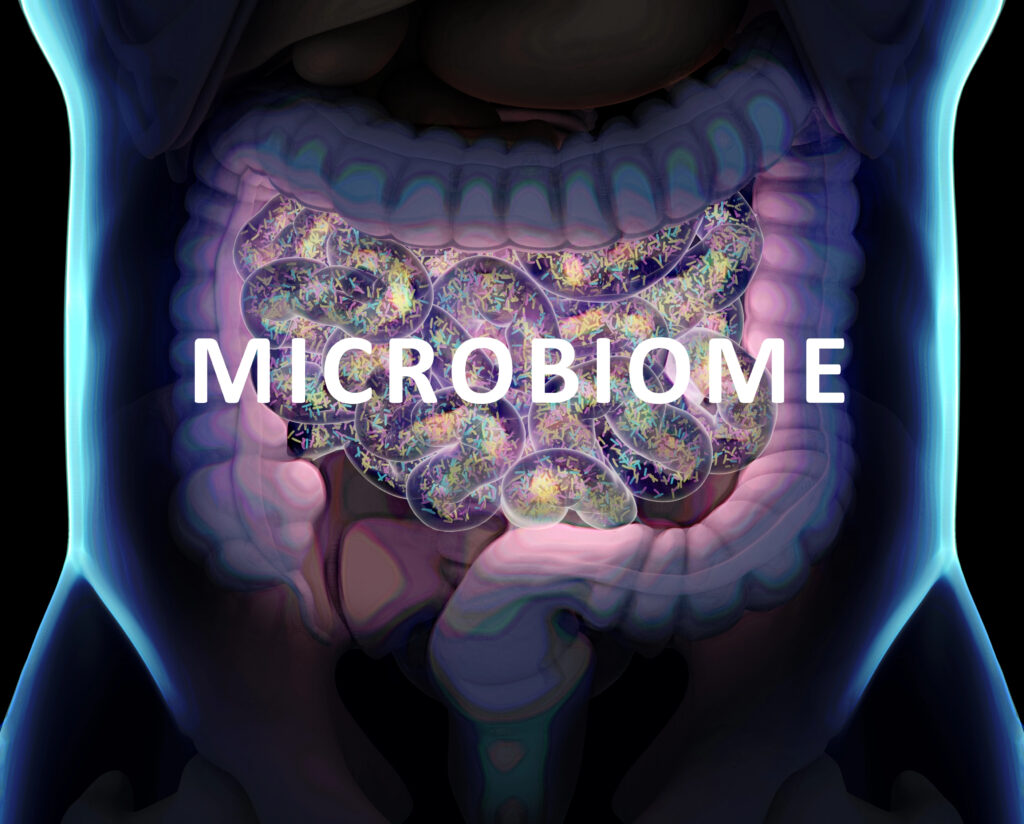Stress and sleep are very intertwined. The worse your sleep, the more stress you are likely to feel and vice versa. Medications may have a more immediate effect on acute stress and chronic sleep problems, but you are often left with undesirable side effects. Dependency is also a potential issue. Luckily, there are many natural ways to deal with these problems.
Magnesium, My First Go-To
Magnesium is known as the calming mineral. It’s estimated that as many as 50% of Americans are deficient in this important mineral. Magnesium is used in over 300 biochemical reactions in the body and is depleted by stress (as well as hormonal birth control pills). So, if you are under a lot of stress, you have a higher need for it.
Magnesium calms the nerves and the muscles, hence its connection to better stress management and sleep. It can also help to regulate GABA and progesterone, so can be helpful in cases of brain overstimulation or lack of sleep due to perimenopause.

Magnesium Glycinate and Magnesium L-threonate are the best forms to look for. The former has Magnesium bound to Glycine, an amino acid that calms the nervous system. It is good for sleep, takes the edge off stress, and can help manage blood pressure that is aggravated by stress.
Magnesium L-threonate passes the blood-brain barrier more efficiently then other forms of magnesium and is helpful for stress headaches, migraine prevention, and anxiety.
Dosages of 100mg – 400mg of either form may be appropriate depending on your situation.
Adaptogens to the Rescue
Adaptogens are a class of herbs that help the body react better to stress of all kinds. We often think of stress in terms of emotional/mental, but there can also be physical stress (from environmental exposure or illness) and chemical stress.
Adaptogens are typically from the root of a plant and can fortify the body from the ground up, just as they do for the plant. They are traditionally used for a wide range of issues including hormone imbalance, mood, immunity, mental performance, and more.

Different adaptogens have been studied for different purposes. One that has a strong connection to sleep and stress is Ashwagandha. You can use it by itself and you will find it in many combination sleep formulas. It is also useful for thyroid health and chronic stress.
Schisandra is an adaptogen that helps with hormone balance and can be helpful with sleep and stress – particularly in perimenopause or menopause. It has very positive effects on the liver and can help those whose sleep is disturbed from alcohol use or other liver issues.
Many other adaptogens can help with sleep and stress including: Rhodiola, Lemon Balm, Maca, Holy Basil, and Ginseng. As our staff which one might be right for you.
Additional Herbs for Sleep
In addition to adaptogens, there is another class of herbs called nervines that calm and fortify the nervous system. You may use these herbs individually but they are often combined in sleep formulas. Some of the most common are Valerian, Passionflower, Skullcap, Kava Kava, Magnolia Bark, Hops, California Poppy, and Lemon Balm.
Lemon Balm is a great choice for children as it is very gentle. Valerian is the most sedative of the herbs, while Passionflower is more gentle. Using liquid herbal tinctures allows you to modify the dosage for daytime use. Gaia Herbs and other companies make excellent sleep formulas that combine several of the nervine herbs.
As you can see, there are many natural ways to improve sleep and stress levels! If you are looking for natural alternatives to medications offered for sleep, stress, or anxiety, talk to our staff about your health situation and see which option may be right for you.
If you need help with more chronic sleep issues, you can contact me for an appointment – lynn@walshnatural.com



